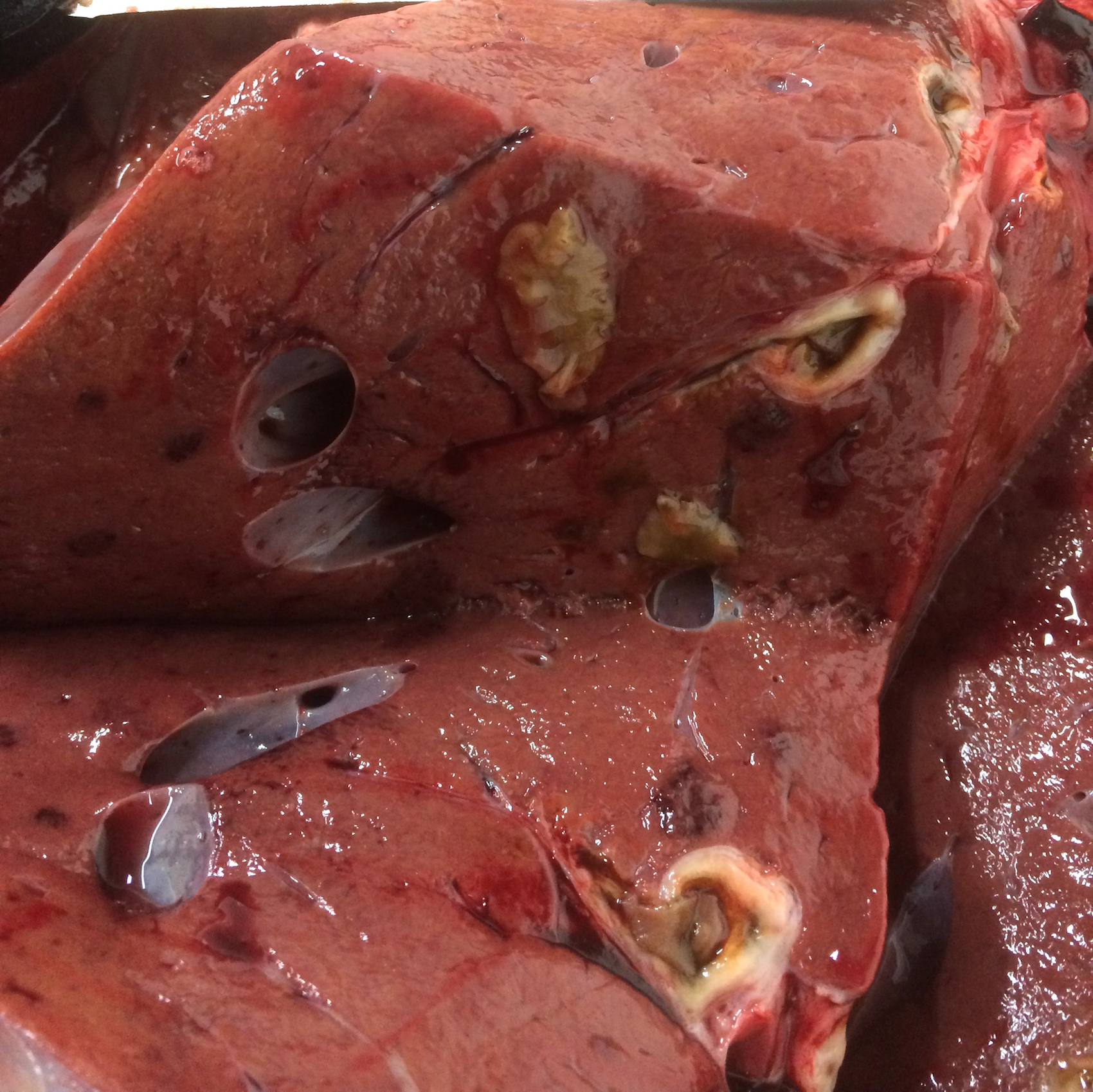



New study reveals the true cost of worms to UK cattle farmers
A study published in the journal Preventive Veterinary Medicine estimates that UK livestock farmers lose £270 million each year due to parasitic worm infections.Roundworms, liver fluke and lungworm are costing UK livestock producers £270 million in lost production and treatment expenditure every year, according to a new study to be published in the journal Preventive Veterinary Medicine. The study examined the economic burden of major parasitic worm infections on livestock across 18 European countries.
At the sector level, there are significant differences in the estimated costs; dairy cattle accounted for 55 percent of the UK total, with beef cattle at 29 percent and sheep flocks at 16 percent of the annual sum (Table 1).
The UK comes second to France (£418 million) for having the highest costs, with Ireland (£214 million) coming a close third (Table 2). This is probably due to the fact the cattle are predominantly grazed in these countries and they have large national herds.
The UK’s estimated annual public funding for research on the control of worm infections in livestock amounted to just 0.18 percent of the annual disease costs.
“All farmed ruminants with outdoor access are exposed to these parasites,” says Professor Eric Morgan of Queens University, Belfast who co-authored the research. “This study highlights the staggeringly high impact worms have on cattle.
“There is a grumbling loss in every herd every year, which remains hidden on many farms. The move towards producing more milk and meat from grazed grass is also increasing the risk of picking up infections. The numbers are only going one way.”
Worms can affect animal performance in a number of ways; by reducing feed intake, growth rates, carcasse weight and composition, fertility and milk yield. They are an important constraint on efficient ruminant livestock production and must be actively controlled.
Worm management has largely remained the responsibility of the farmer and their advisers and is based on administering anthelmintic drugs. However, this is threatened by the continuing increase in worm populations that are resistant to these products. The study estimated that annual losses attributed to wormer resistance to the cattle industry as a whole, was around £3.5 million.
“The results highlight the need to ensure that when anthelmintics are used, they are doing the job expected of them,” says Dr Dave Bartley of the Moredun Research Institute, who also co-authored the study. “Farmers should ask their vet/adviser about doing an anthelmintic efficacy check.”

Professor Morgan goes on to say, “There is no simple answer to a specific farm’s worm problems, because every animal, field and farm is different and risk varies in every grazing season.
“Scientific opinion supports the promotion of best practice parasite management programmes that will reduce the indiscriminate use of wormers. It also supports wider use of testing to inform anthelmintic treatment decisions.
“UK farmers are lucky to have the Control of Worms Sustainably (COWS) group working on their behalf. Their latest information, available for free on their website, draws on the latest findings and thinking from researchers across the UK and has all the best answers so far.”
“Farmers, working with vets and RAMAs/SQPS must draw up a plan for identifying the risks and how to protect their cattle from worm infections, in the most responsible way,” says Dr Hannah Rose Vineer, another UK-based co-author of the study working at the University of Liverpool.
“It is no good waiting until there is a serious health problem or using products the worms have grown resistant to. Take the right steps now – or risk losing chemical control in the future.”

.PNG)


